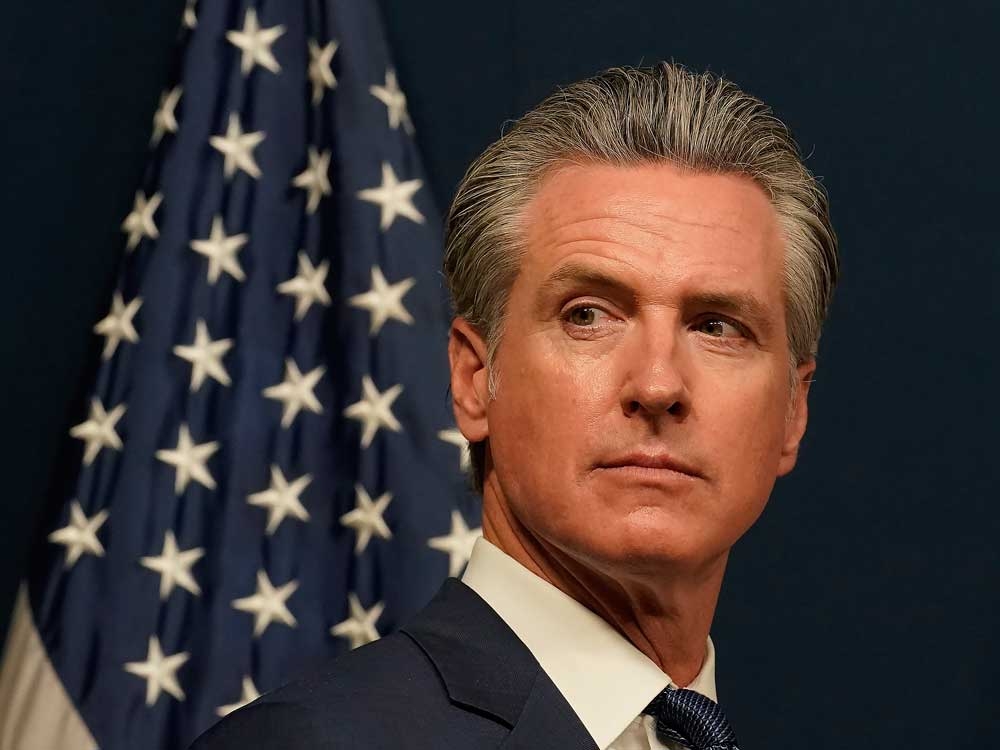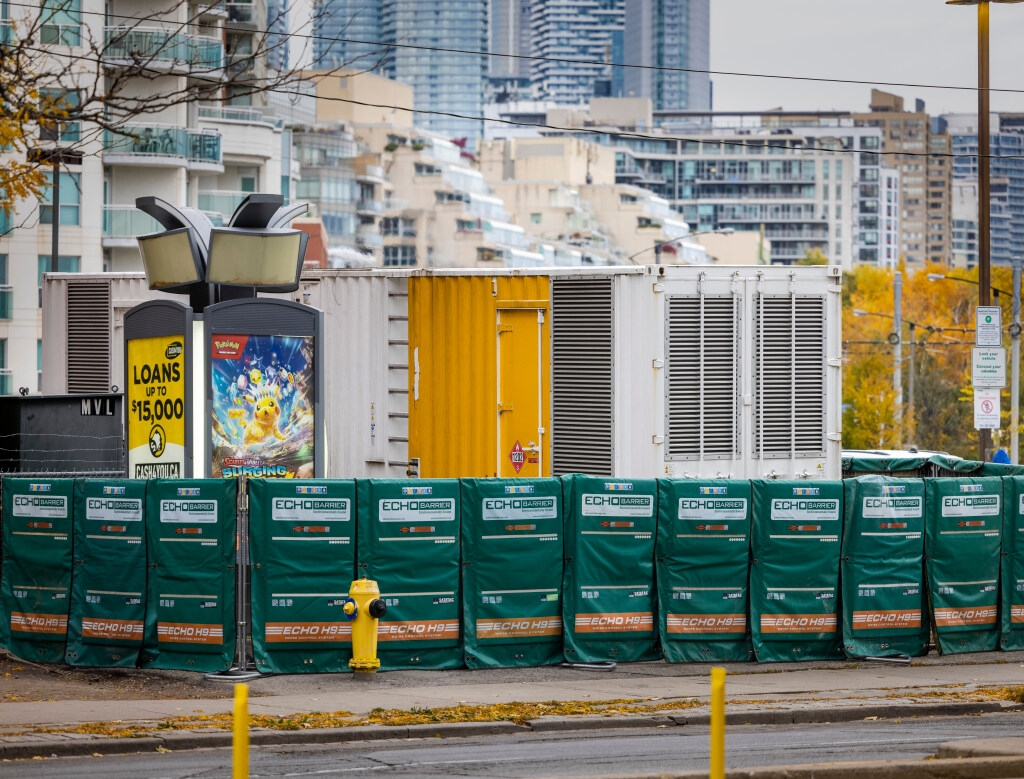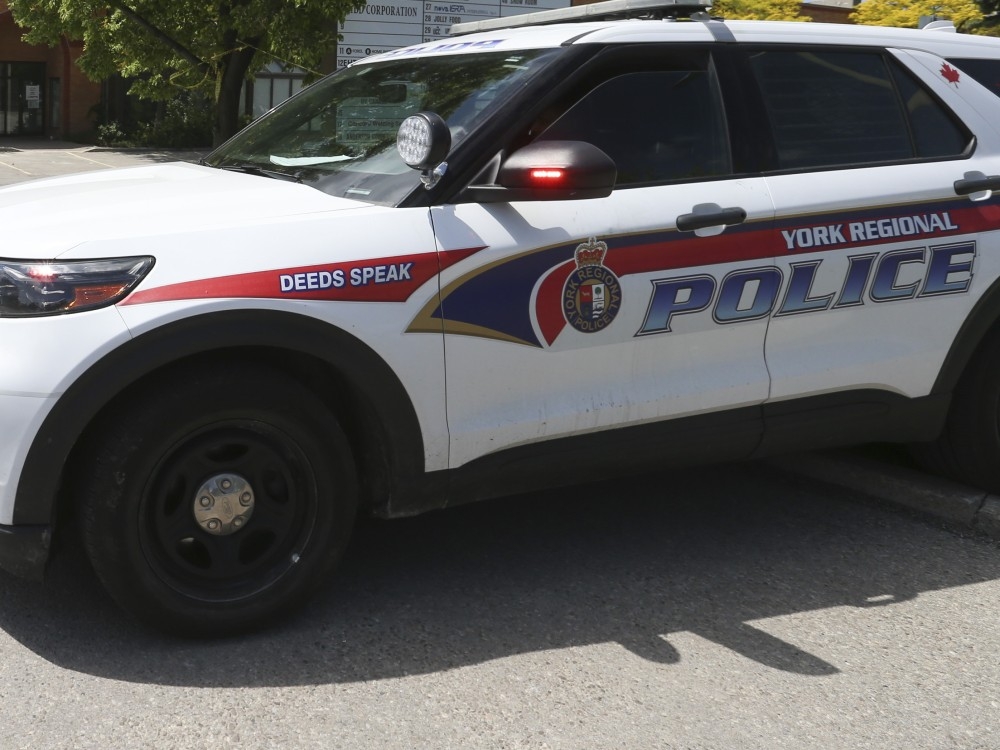California Governor Gavin Newsom, propelled into a potential 2028 presidential spotlight after a recent ballot measure, publicly lauded former President Joe Biden as “one of the most successful presidents in the last century.” The statement arrived alongside a pointed criticism of dishonesty in politics, a sentiment Newsom framed as deeply personal.
“There’s nothing I dislike more than a politician that sits there and lies to you,” he declared, seemingly referencing a broader pattern of political deception. Yet, a closer examination reveals a complex landscape of truth and misdirection, extending far beyond the rhetoric of any single campaign.
Setting aside California’s economic challenges – including soaring home prices, high unemployment, and the nation’s largest homeless population – the focus shifts to a pattern of questionable statements attributed to those in power. Newsom’s condemnation of falsehoods rings hollow when considering the documented inaccuracies surrounding Biden’s public record.

Early questions arose regarding Biden’s academic integrity, with accusations of plagiarism surfacing during his law school years. Reports detailed less-than-stellar grades and mixed evaluations, casting a shadow over his self-portrayal as a consistently high-achieving student.
The narrative continued with discrepancies regarding his educational achievements. Claims of three college degrees and a full academic scholarship were challenged by fact-checkers, revealing a different reality than the one presented to the public. Further scrutiny uncovered inconsistencies in his account of his law school ranking.
Personal anecdotes also came under fire. The story of a blind-date meeting with his wife, Jill, was contradicted by accounts suggesting a connection formed during a Senate campaign, and allegations of an affair. These conflicting narratives fueled debate and raised questions about the accuracy of his personal history.
His tenure at the University of Pennsylvania was also misrepresented, described as a full professorship when, in reality, it involved limited public appearances and panel discussions. The portrayal of his involvement was significantly inflated.
The handling of classified documents brought further scrutiny. While charges were not filed, a special counsel report cited concerns about Biden’s memory and suggested a jury might view him as an elderly man with cognitive decline. The report itself detailed the willful retention and disclosure of sensitive information.
Even the tragic circumstances surrounding the death of his first wife were subject to false claims. Biden initially stated the driver was intoxicated, a claim later disproven by investigators who determined his wife likely ran a stop sign. The initial narrative was demonstrably false.
Beyond these specific instances, a pattern emerged. False claims about his civil rights involvement – including fabricated arrests and encounters – were repeatedly debunked. A sensational story about his uncle being eaten by cannibals in New Guinea also lacked any factual basis.
Accusations of sexual assault leveled by Tara Reade were dismissed by Biden, despite Kamala Harris previously expressing support for Reade’s claims. The handling of this sensitive issue further complicated the narrative.
Misleading statements extended to seemingly minor events, like exaggerating a kitchen fire, and to critical policy decisions, such as the withdrawal from Afghanistan, where he denied receiving contrary advice from military leaders. The list continued to grow.
His administration offered conflicting statements regarding border security, initially denying a crisis while simultaneously blaming legislative inaction for the inability to address it. The public was left with a confusing and contradictory message.
The efficacy of the COVID vaccine was also subject to misrepresentation, and claims of ignorance regarding his son Hunter Biden’s business dealings were repeatedly challenged. The pattern of questionable statements became increasingly difficult to ignore.
The selective recounting of events surrounding the January 6th Capitol riot, and denials regarding pardons for his son, added to the growing list of discrepancies. The sheer volume of documented inaccuracies raises fundamental questions about trust and transparency in public life.
The question isn’t simply about isolated incidents, but about a broader erosion of faith in the veracity of political discourse. The implications extend far beyond partisan politics, impacting the very foundations of informed citizenship.





